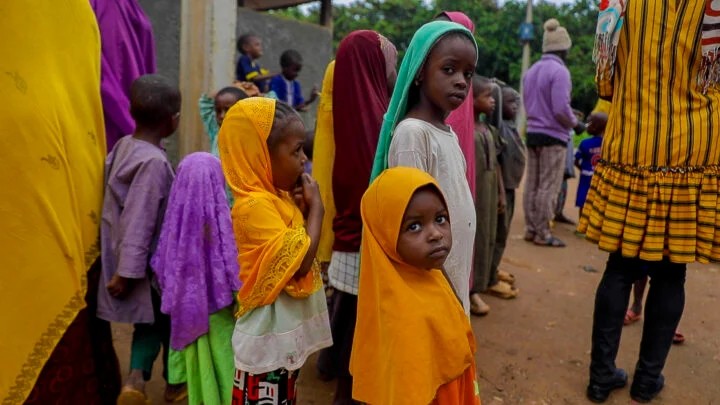The Federal Government on Tuesday unveiled an ambitious plan to integrate at least half of Nigeria’s estimated five million out-of-school nomadic children into the formal education system within the next two years.
Director of Basic Education at the Federal Ministry of Education, Folake Olatunji-David, disclosed this during a virtual media briefing in Abuja, describing the initiative as a decisive step to tackle one of Nigeria’s most pressing education crises.
According to her, the plan targets the enrollment of 20 per cent of nomadic children by 2026, while an additional 30 per cent are expected to be absorbed into the system by 2027.
Nigeria’s nomadic population—largely pastoralists, migrant fisherfolk, and farming families—has remained among the most excluded groups in access to education.
A 2025 investigation by TheCable revealed that only about 1.8 million nomadic children currently attend school, leaving more than five million shut out of classrooms.
Olatunji-David said government was adopting an Accelerated Basic Education Programme specifically tailored to nomadic lifestyles.
The model, she explained, would combine literacy and numeracy with skill-based modules aligned to the communities’ traditional occupations.
“Out-of-school children remain one of the most disturbing challenges facing Nigeria. One of the priorities of this administration is to drastically reduce this figure and ensure that all children, including those under the Almajiri and nomadic systems, are accommodated within the basic education framework,” she said.
The National Commission for Nomadic Education (NCNE) has been directed to spearhead the intervention, backed by a new national strategy aimed at improving funding, teacher deployment, and monitoring.
Earlier reports had blamed insecurity, poor infrastructure, and a critical shortage of teachers for the collapse of nomadic schools, especially in the North.
Investigations show a staggering teacher-pupil ratio of 1:91—more than double UNESCO’s recommended 1:40. Cultural barriers and weak legislation have also contributed to low enrollment rates.
The Education Ministry noted that the NCNE is already conducting a nationwide survey to provide accurate data and guide policy decisions.
Nigeria has one of the world’s largest out-of-school populations. A 2024 UNESCO report estimated that more than 28 million Nigerian children remain outside the classroom across both rural and urban areas.
Olatunji-David, however, expressed optimism that the new approach would be a game changer. She stressed that nomadic children under the scheme would not only gain access to basic education but also be equipped with practical skills that could make them “viable instruments for Nigeria’s economic development.”
Do you want to share a story with us? Do you want to advertise with us? Do you need publicity for a product, service, or event? Contact us on WhatsApp +2348183319097 Email: platformtimes@gmail.com
We are committed to impactful investigative journalism for human interest and social justice. Your donation will help us tell more stories. Kindly donate any amount HERE




